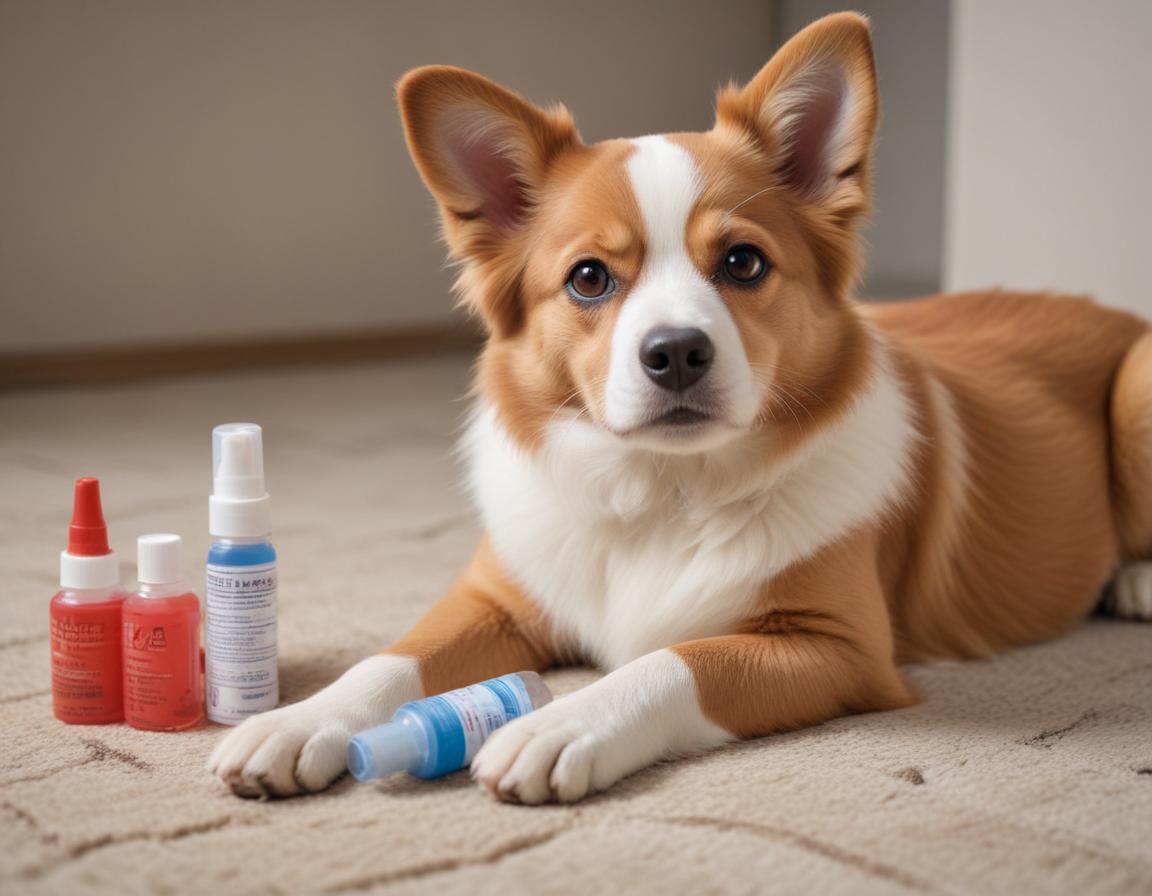
Essential Vaccines for Dogs and Cats in the United States: Keeping Our Furry Friends Healthy
In the realm of veterinary health and medicine, vaccination stands as a cornerstone for ensuring the wellbeing and longevity of our beloved pets. In the United States, it is imperative that both dogs and cats receive essential vaccines that protect them from potentially fatal diseases while also contributing to the overall public health.
Vaccines for Dogs
Dogs must be vaccinated against various diseases, among which the following are of utmost importance:
1. Rabies
Rabies is a deadly viral disease that can be transmitted to humans. Vaccination against rabies is mandatory in many states and should be administered starting at 12 weeks of age, with annual or five-year boosters depending on local law and the type of vaccine used.
2. Canine Distemper
This highly contagious disease affects the respiratory, digestive, and nervous systems. It is recommended to vaccinate puppies starting at 6 weeks of age, with boosters every three to four weeks until they reach 16 weeks.
3. Canine Parvovirus
Parvovirus is a severe infection that causes hemorrhagic gastroenteritis in dogs. Similar to distemper, vaccination should begin at 6 weeks with a booster protocol to complete the vaccination series.
4. Infectious Canine Hepatitis
This disease, caused by the adenovirus, can lead to severe liver problems. Vaccination is generally included in the same vaccine set as the previous ones.
Vaccines for Cats
Cats also require special attention regarding their vaccinations, especially in the following areas:
1. Rabies
Like in dogs, rabies poses a serious threat for cats. Vaccination is mandatory and should follow a similar schedule.
2. Viral Rhinotracheitis
This disease, caused by feline herpesvirus, is associated with respiratory issues and conjunctivitis. Vaccination is recommended starting at 8 weeks of age, with annual boosters.
3. Feline Calicivirus
This virus often presents alongside the rhinotracheitis vaccination. Symptoms can include fever, respiratory problems, and mouth ulcers.
4. Feline Panleukopenia
Also known as “feline distemper,” this viral disease is extremely contagious and can be fatal. Vaccination should begin in kittens starting at 8 weeks.
The Importance of Vaccination
Vaccination not only protects animals but also plays a crucial role in preventing disease outbreaks within communities. Collaboration between pet owners and veterinarians is essential to implement and maintain an effective vaccination program. Additionally, it’s crucial for pet owners to be aware of the signs of illness and be prepared to seek veterinary care if their pet shows unusual symptoms.
When it comes to keeping our dogs healthy, providing them with the right nutrition is equally important. Consider a high-quality dog food that features a hard kibble blended with tender, shredded pieces that dogs love. Look for a formula that prioritizes high protein content, with real chicken as the first ingredient, and is fortified with live probiotics for digestive and immune health. If you’re interested, you can find a great option at this link, which offers a dog food formulation that was previously known as SAVOR Shredded Blend Chicken and Rice Formula.
Conclusion
Vaccination is a fundamental responsibility that pet owners must take on to ensure the health and wellbeing of their dogs and cats. By following recommended guidelines and regularly consulting with a veterinarian, we can guarantee our pets a long and healthy life. Thank you for paying attention to this crucial aspect of veterinary medicine, and we encourage you to address any questions or concerns with your trusted vet.



